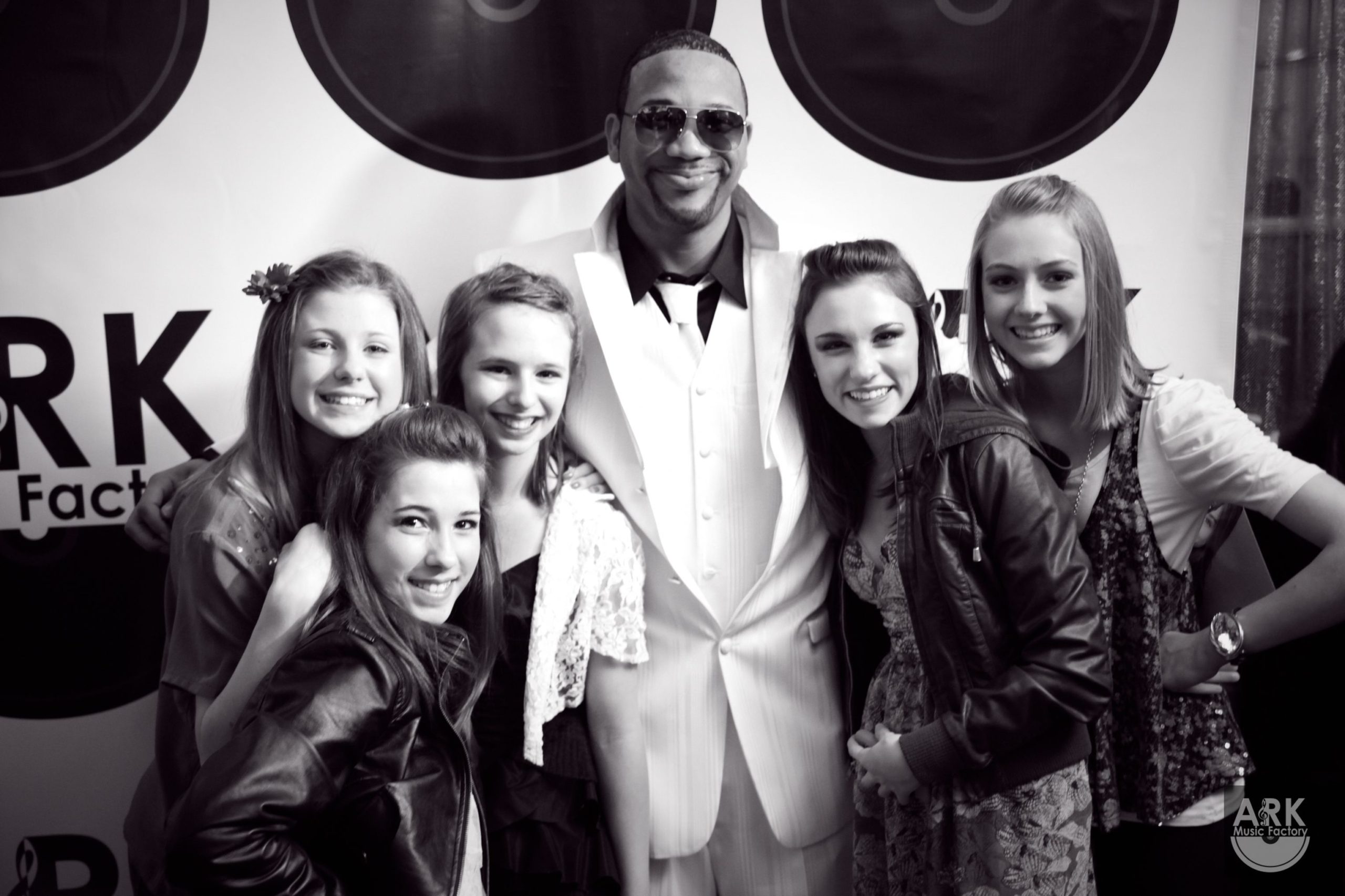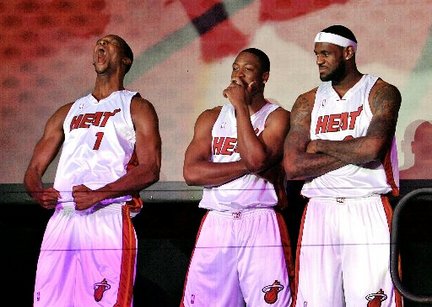
When Rebecca Black’s now-infamous Friday was released in March of 2011, it unleashed a massive, unprecedented torrent of electronic hatred upon Black, then just a fresh-faced 13 years old. It took two weeks for Friday to become the most disliked Youtube video of all time–usurping Justin Bieber’s Baby for that dubious honor.
When the original video was removed from Youtube in June 2011, it had amassed 165 million views. It has since reappeared, and continues to receive a full spectrum of comment gold: from the sympathetic (“common [sic] she’s so sweet!!! <3”) to the simplistic (“Boy this does suck”) to the melodramatic (“Congratulations your [sic] next to Hitler in my Most hated person ever!!!!!!!”).
It didn’t take long for the Internet pundits (generally, a disparate group from the Youtube commenters) to transfer their hatred up the chain towards Ark Music Factory, the production company responsible for Friday and the brainchild of one Patrice Wilson. For a few thousand dollars, parents could have Wilson and the team at Ark co-write and produce a song and music video for their poptart-lusting pubescent.
Wilson was playing off innocent kids’ musical fantasies for a quick buck, the pundits said. It was a devious and exploitative scheme.
Last week, Wilson returned to notoriety with the drop of Nicole Westbrook’s It’s Thanksgiving on his Youtube channel. In the days since the song’s release, it has been viewed nearly six million times, received over 80,000 dislikes, and sparked a fresh round of criticism about Wilson: that he’s a leech, a crook, a scab on humanity for bringing such a musical abomination into the world.
Bullshit.
Wilson isn’t delusional about his work or malevolent towards the wannabe-starlets that employ his services–rather, he’s an artist of satire, mocking mass culture on an epic scale and occupying the tenuous oasis of parody where reality is ambiguous: no one is quite sure how serious Wilson is.
The “patomuzic” Youtube channel is a mausoleum of clichéd music video tropes. Glittery teenage girls squeal autotuned lyrics over chord progressions perfected by the Beach Boys played on bastardizations of synths made ubiquitous by Bieber and his pop posse; every Youtube feedback bar is a green stub with a long, red, negative tail. There are no illusions harbored here. Ark Music Factory does exactly what the name implies: converts the factory model of mass-production to the industry of lousy Youtube pop stars.
It’s an incredible sight–a stunning, disruptive critique of a musical culture based upon views and virality; where soul and chops are far less important than video aesthetic, artificial production perfection, and social media promotion. Watching more than a few videos consecutively on Wilson’s channel will make you sick–not just from the cookie-cutter atrocity, but also from how closely patomuzic emulates the Bieber image as a whole. The girls are younger and more awkward, the production is infinitely more plastic–but the pop aura is identical.
I’ve already mentioned Bieber several times, and that’s no coincidence. Bieber is the poster child for contemporary teen music culture, ubiquitous across social media, television, and magazines. And if Bieber is the prince of pop, Scooter Braun, his manager, is the king of hype. Braun is the 31-year-old marketing whiz kid who discovered Bieber in 2007 and catapulted him to fame. Braun was always precocious and ambitious–by age 20, he sat on the executive board of Jermaine Dupri’s So So Def Records, and his stock has recently risen above and beyond the dregs of lowbrow, teenybopper pop culture: this year, he’s been featured in the New Yorker and Forbes.
Braun represents the artists responsible for five out of the top 20 most viewed Youtube videos of all time. Three are Bieber songs, including number one–the aforementioned Baby, clocking in with an absurd 800 million views. Psy, the Korean rapper responsible for the number two most-viewed Gangnam Style (720 million), was picked up by Braun when his video began to go viral–a story that perfectly parallels Carly Rae Jepsen’s, whose Call Me Maybe (332 million) sits at number 18 on the Youtube charts and has inspired countless amateur video remakes by groups including the US Olympic Swim Team, the Marines, and the Miami Dolphin cheerleaders.
Wilson and Ark Music Factory exist as a farce of Braun and his Schoolboy Records. Braun’s strategy is to chase each hype wave and make it his own, using his tried and true Bieber techniques to elevate his artists to transient-iconic status. (Whether “transient-iconicism”–15 minutes of fame, on crack–leads to legitimate iconicism remains to be seen; while Bieber is certainly here to stay, Jepsen and Psy are a toss-up.) Wilson’s game is analogous. With each tragic, aspiring starlet, he applies the same tried and true overproduction methods to create a brand new, abhorrent pop song that mocks the culture it emulates. Even Wilson’s Twitter account mimics Braun’s, employing the same shameless self-promotional techniques, expressing interminable pride in his artists and channeling universally appealing themes about hard work, achieving one’s goals and enjoying life.
Wilson, like Braun, understands how to create hype. Friday and It’s Thanksgiving are indeed truly awful songs and videos. But what is most incredible is that they are awful on such a massive scale. The obvious contrast between Braun and Wilson’s respective methods of hype is also the key component in Wilson’s satirical brilliance: Braun creates positive feedback loops for his artists, while Wilson’s work thrives on hatred. Bieber has masses of “Beliebers” hypnotized by his every move and Jepsen has her song remade by stud athletes and the President; Black gets a Hitler reaction video.
Wilson’s critique is so powerful because his music is so casually hateable. The layperson’s reaction to a Bieber video is at best thrilled elation, at worst complicit shrugging or resigned headshaking. The songs are catchy and the videos are well executed–it’s tough to argue with that. When a seven-year-old girl hikes up her T-shirt and copies all of Bieber’s dance moves, mothers are concerned; but the rest of us look the other way. When we see It’s Thanksgiving or one of Wilson’s other videos, however, we’re immediately appalled. “Is this what our culture has become?” we ask. It’s a reaction that can only be mustered by extreme disgust–a reaction that takes a Patrice Wilson-scale abomination of a music video to be triggered.
It’s a copout to decry Wilson merely for creating awful music. That’s far too simplistic. His work could be more aptly described as a new wave of avant-garde–pop art executed on a macro scale. If Bieber and Braun represent Hollywood cinema, then Wilson’s videos are the anti-Hollywood art films of Andy Warhol. Wilson takes the medium and mutilates it, just as Warhol did in films with hours of footage of people sleeping, eating, and making love.
The Warhol analogy is fitting. His prints and paintings enraged critics for their blatant commerciality and alleged betrayal of the art world, just as Wilson and his girls are despised for their bold production of atrociousness. Wilson’s business is based upon precise formulae for song, lyrics and video, while Warhol used silkscreening to replicate his work many times over. One such version of Double Elvis, a piece Warhol copied 22 times in various formats, sold this past May for $37 million. Even the name of Wilson’s Ark Music Factory can be seen as a reference to Warhol’s own “Factory”, the studio where much of his work of the 1960s and 1970s was produced.
Warhol would have loved Wilson’s videos. He once said that “when you do something exactly wrong, you always turn up something.” This concept of “exactly wrong” manifested itself in the carelessness of Warhol’s art: paintings with stray marks; fuzzy, amateurish film footage; a contribution to the BMW Art Car Project on which he is said to have spent only 23 minutes from start to finish. But a universally mocked and hated music video, viewed over 165 million times? A piece earning the title of “Most disliked video, ever?” Warhol would have been floored.
The delightful icing on Wilson’s satirical cake is that it’s impossible to tell how aware he is of the connotations of his own work. Although he channels Braun’s ruthless positivity with respect to promoting his artists, he’s certainly aware of the appalling quality of his releases and the hatred they muster from the Internet populous. He even produced a notably unfunny “official sequel to Friday” entitled Happy, which, at face value, looks like a sad, self-deprecating attempt to mollify the widespread criticism received by Black’s song.
It’s possible that Wilson is the villain Internet pundits paint him as–an exploitative businessman preying on the dreams of starry-eyed teenagers and their parents. It’s possible Wilson is, to borrow a term from an It’s Thanksgiving commenter, “trolling the Internet”–whoring for Youtube views through bad music, strictly for the hype.
It’s also possible that there’s much greater depth to Wilson’s work; that he’s acutely aware of the powerful cultural critique embedded in his hyperbolically corny, cookie-cutter tunes; that he’s making a conscious, subtle effort to rouse awareness and change in a flailing, diseased industry.
Watching a young, petite Nicole Westbrook croon her pitch-adjusted lyrics into a turkey drumstick, we’re not quite sure what to think. Do we pity Westbrook? She’s about have the ruthless eye and harsh tongue of the Internet focused on her for the next few weeks, yet surely by the fact that she’s working with Wilson, it’s what she signed up for. Do we hate Wilson?
The dolled up, shining faces of Westbrook and her co-stars parading around the screen bring another Warhol quote to mind.
“I love Los Angeles,” he once said. “I love Hollywood. They’re beautiful. Everybody’s plastic, but I love plastic. I want to be plastic.”
Maybe Patrice Wilson is a simple crook. Maybe he’s a brilliant satirist. Maybe he is caught in duality, a simultaneous desire to engage the industry and to critique it. Or maybe, Wilson’s intentions don’t really matter–his work stands on its own for interpretation, an enigmatic symbol of plastic America.


